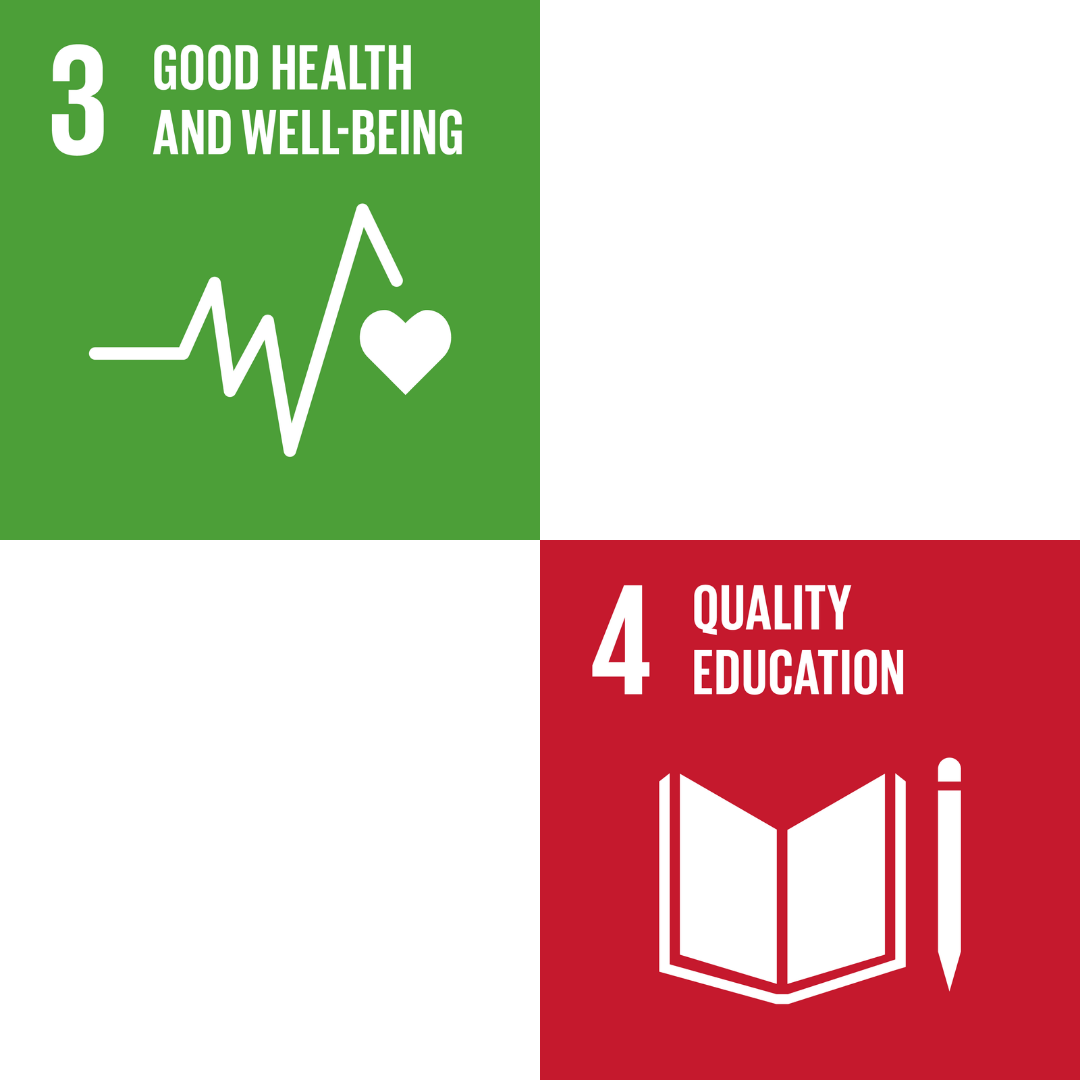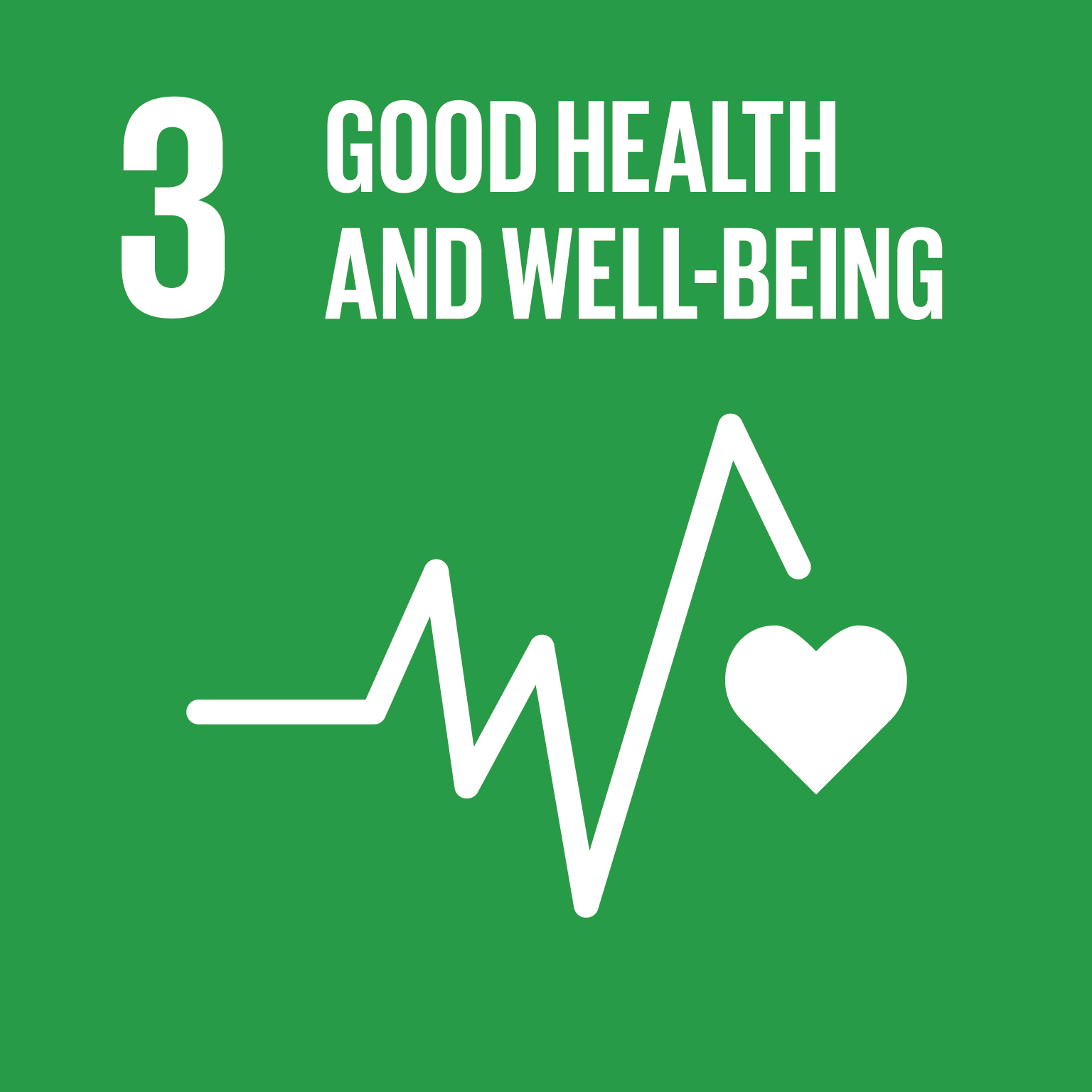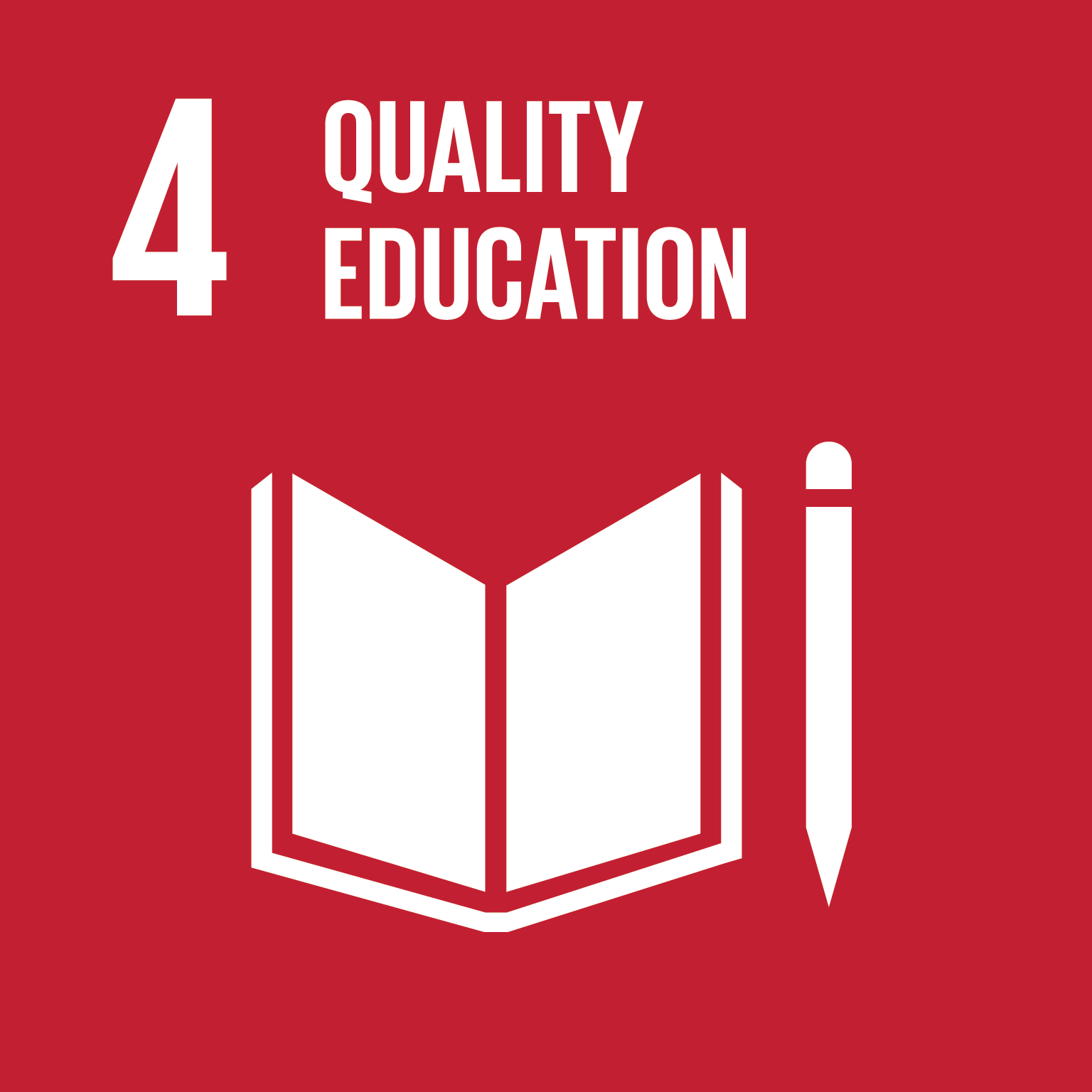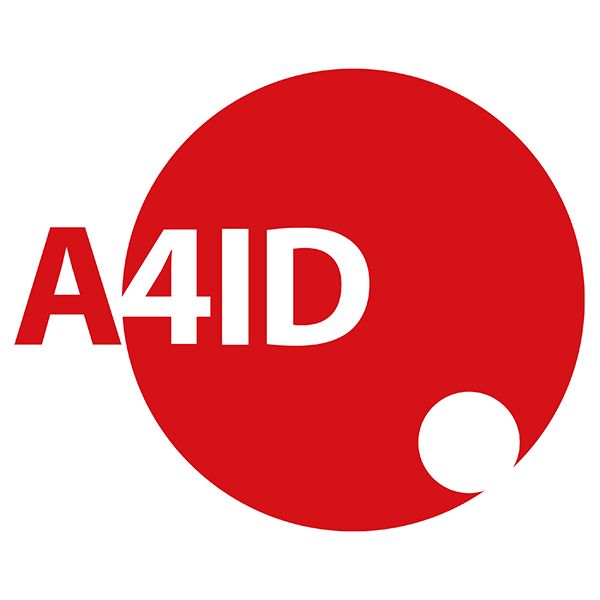The Legal Path to Sustainable Development: Module 2
Putting People First: The Law and Human Development
Write your awesome label here.

-
Pre-reading study time2 hours
-
Live session3.5 hours
-
-
Community of Practice

Session 1: How can the law ensure the right to health for all?
MEET THE INSTRUCTOR
Prof. Dipika Jain
Centre for Justice, Law and Society
Dipika Jain is Professor of Law, Vice Dean (Research), Vice Dean (Clinical Legal Education) and the Director of the Centre for Justice, Law and Society at Jindal Global Law School (JGLS), India. Her research was recently cited by the Supreme Court in the landmark decision of Navtej Johar v. Union of India (2018) In 2018, she was designated as the first Research Associate Professor at JGLS. In 2020, her research was cited in the legislative debate on abortion laws in the Indian Parliament.
She has been published in several prestigious journals, law reviews, and compendia internationally.
She has been published in several prestigious journals, law reviews, and compendia internationally.
She has consulted for the UNDP; Centre for Reproductive Rights (New York); and IPAS Development on Reproductive Justice, Digital Health and Family Law. As the Director of CJLS, she has addressed various barriers in access to justice for marginalized persons. CJLS had crafted policy interventions and advocacy with parliamentarians, legislative and judicial interventions; facilitated consultations with social movements, grassroots movements and civil society; organized workshops on critical pedagogies, and conducted legal empowerment workshops and courses for activists, professionals and students.
Before joining the academia, she was a lawyer with Human Rights Law Network. She conceptualized, managed and coordinated the national programs on legal aid for People Living with HIV/AIDS while specifically leading a large team of lawyers and social workers across several HRLN offices across India. During this time, she worked on precedent setting public interest litigations in the Supreme Court of India including Sampurna Bahrua vs. Union of India (petitioning for the implementation of the Juvenile Justice Act, 2000 in fifteen States in the country. The Act was amended as a result of this petition.) the Right to Food and Access to Antiretroviral Drugs Case.
Write your awesome label here.

SESSION 2: Right to Education: Learning for Development
MEET THE INSTRUCTOR
Sylvain Aubry
Global Initiative on Economic, Social and Cultural Rights
Sylvain Aubry is currently working as a Senior Research and Legal Advisor with the Global Initiative for Economic, Social and Cultural Rights, where he’s been heading the research and advocacy on human rights and the role of the State in the delivery of public services with the organisation since 2014, focusing in particular on private actors in education. He has coordinated or supported research in 20 countries on this issue, as well as engagement with States, international organisations, and UN mechanisms, and was one of the main drivers of the development of the Abidjan Principles on the right to education.
He has previously carried research, capacity building and advocacy for various organisations, including Amnesty International, the Right to Education Initiative, FIAN International, ActionAid, and ESCR-Net, working on economic, social and cultural rights for the past 10 years. Sylvain holds an LLM in international human rights law from the University of Essex, UK and a Master’s in political sciences and international relations from Sciences Po Aix, France.
He has previously carried research, capacity building and advocacy for various organisations, including Amnesty International, the Right to Education Initiative, FIAN International, ActionAid, and ESCR-Net, working on economic, social and cultural rights for the past 10 years. Sylvain holds an LLM in international human rights law from the University of Essex, UK and a Master’s in political sciences and international relations from Sciences Po Aix, France.
Write your awesome label here.


